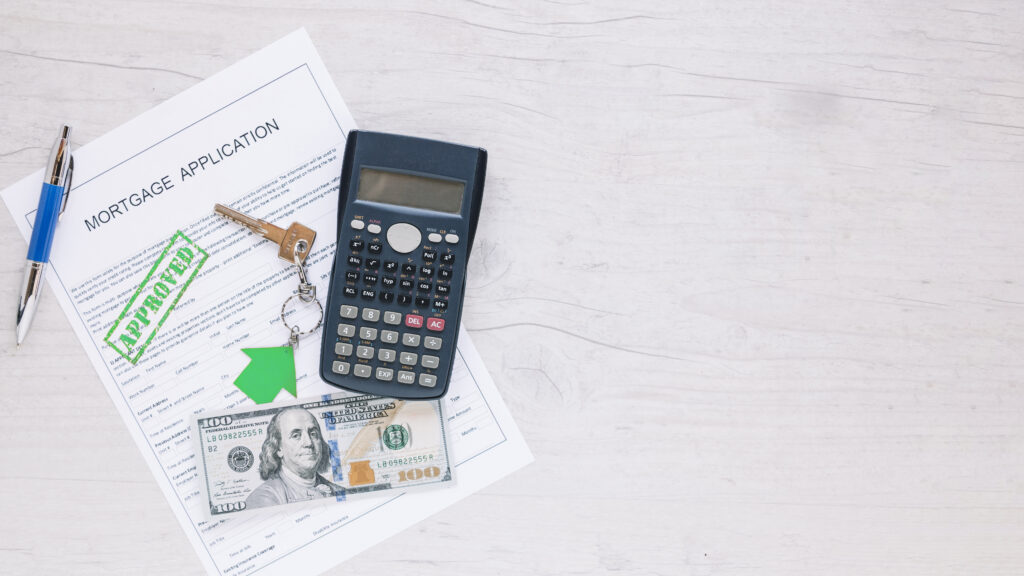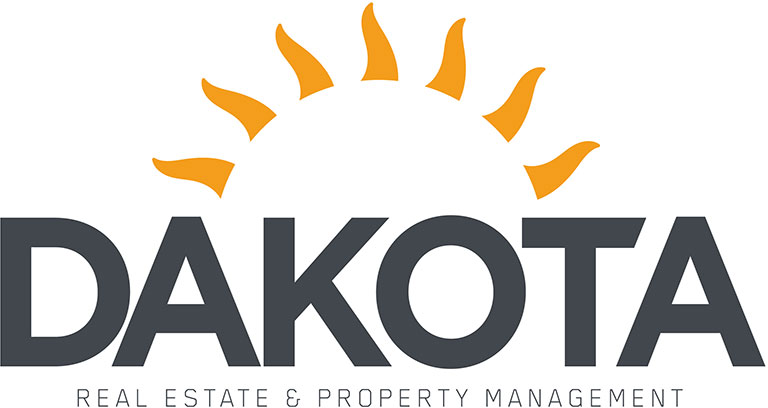Understanding Property Management Fees

When property owners are considering hiring a property management company, one of the key concerns is, “What will it cost?” Understanding property management fees is essential for making informed decisions and ensuring your investment remains profitable. At Dakota Property Management, we not only help you navigate these fees with confidence, but we also maximize your investment income.
1. Management Fees
The management fee is the most common charge and covers the day-to-day management of your property, including tasks such as collecting rent, handling tenant communications, and overseeing maintenance requests.
- Flat Fees: At Dakota Property Management, we offer a flat fee structure, which can be particularly cost-effective, especially for properties with higher rents or multiple units. This fee remains constant regardless of the rental income, providing you with predictable and transparent costs that won’t eat into your profits.
- Percentage-Based Fees: Many property management companies charge a percentage of the monthly rent, typically ranging from 8% to 12%. While common, this structure can be less cost-effective as your rental income increases.
2. Leasing Fees
Leasing fees are incurred when we find a new tenant for your property. This fee covers the costs associated with marketing the property, conducting showings, screening tenants, and preparing lease agreements.
- Standard Leasing Fee: Typically, this fee is equivalent to one month’s rent or a percentage of the first month’s rent, often between 50% and 100%.
- Renewal Fees: At Dakota Property Management, we charge a flat $300 renewal fee when a lease is renewed. This straightforward and affordable fee is significantly lower than the initial leasing fee, making it a great value for our clients.
3. Maintenance Fees
Maintenance fees cover the cost of routine maintenance and repairs, ranging from fixing a leaky faucet to handling emergency repairs.
- In-House Maintenance: Some companies have their own maintenance staff and may charge you either a flat fee or an hourly rate for their services.
- Third-Party Contractors: At Dakota Property Management, we work with trusted vendors we’ve partnered with for years. Thanks to these long-standing relationships, we receive preferential pricing, which often allows us to save you money—even after our markup fee.
4. Eviction Fees
Evictions are an unfortunate, but rare, part of property management, and the costs can range from a few hundred dollars to several thousand. While some companies offer eviction protection, it’s important to understand what’s actually covered. Questions you should ask include:
- Coverage Limits: Does the protection only cover up to a certain amount?
- Out-of-Pocket Costs: How much will the owner typically have to pay beyond the coverage?
- Scope of Protection: Does the protection cover all legal fees, court costs, the cost of a sheriff, and the cost of removing the tenant’s personal belongings?
Even with protection, you may still be responsible for a considerable amount, so it’s crucial to have clear answers to these questions.
5. Reserve Funds for Unexpected Expenses
In addition to understanding management fees, it’s crucial for property owners to maintain their own reserve funds to cover unexpected expenses. Here’s why this is important:
- Unexpected Maintenance: Even with routine maintenance, unforeseen repairs can arise. Having a reserve fund ensures you can address issues promptly without impacting your cash flow.
- HOA Dues and Mortgage Payments: If your property is part of a Homeowners Association (HOA), dues are typically required regardless of occupancy. Additionally, mortgage payments remain due, whether or not your property is generating rental income.
- Vacancies and Late Rent: In Colorado, rent can legally be paid up to three weeks late without penalty. This delay can disrupt your financial planning if you rely on timely rent payments to cover expenses. A reserve fund can help bridge the gap during periods of vacancy or late rent.
How to Budget for Property Management Fees
Understanding these fees is just the first step. Budgeting for them effectively ensures that you maintain profitability. Here’s how:
- Calculate Your Gross Rental Income: Start by calculating your total expected rental income for the year.
- Estimate the Total Management Costs: Based on the fee structures mentioned above, estimate the annual cost for management, leasing, maintenance, and other potential fees.
- Set Aside Reserves: It’s wise to have a reserve fund for unexpected costs, such as emergency repairs, eviction fees, HOA dues, or mortgage payments during vacancies.
- Monitor and Adjust: Regularly review your budget and compare it to actual expenses. Adjust your budget as needed to ensure you’re not caught off guard by unexpected fees.
At Dakota Property Management, we’re committed to transparency and providing the best possible service to maximize your investment income. Our approach is designed to give you peace of mind, knowing that your property is in capable hands and your returns are optimized.
